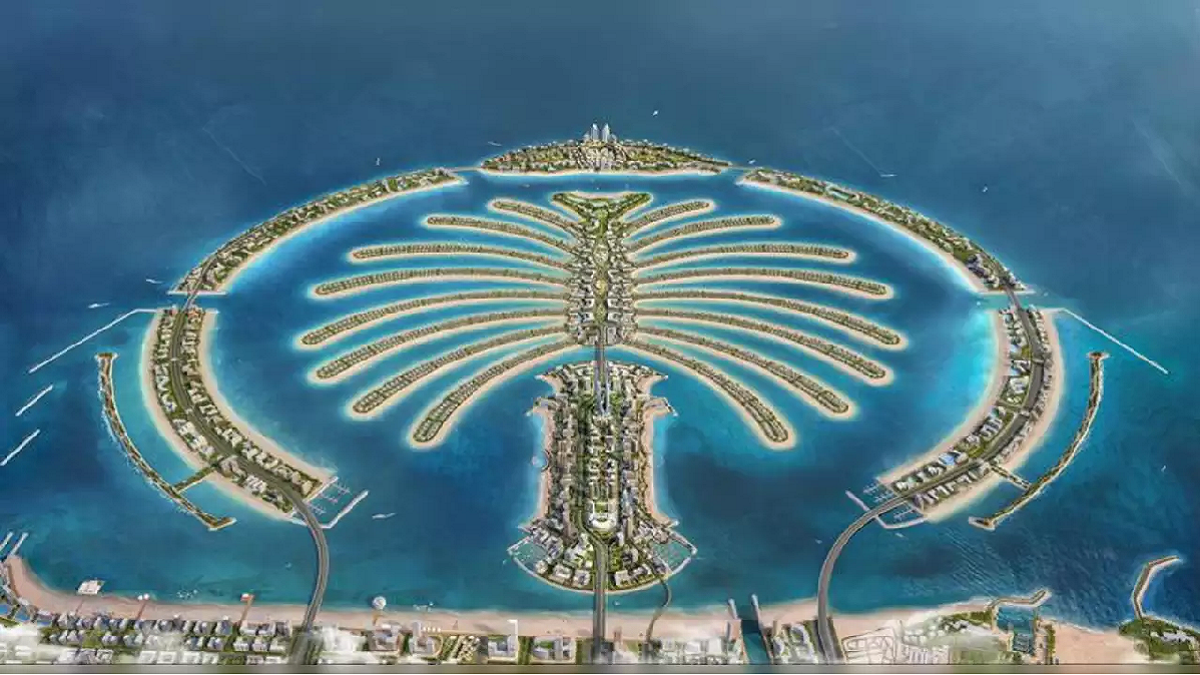In a significant move, Dubai’s leader, Sheikh Mohammed bin Rashid Al Maktoum, on Wednesday revealed ambitious plans to resurrect Palm Jebel Ali, a massive man-made island which has lain dormant since the 2009 real estate downturn. The island, shaped like a palm tree, is twice as large as the fully functioning and popular Palm Jumeirah.
The new venture Palm Jebel Ali, as per the Sheikh’s Instagram announcement, aims to transform the currently idle island into a bustling tourist hotspot. “With over 80 luxurious hotels and resorts, visitors and tourists will indulge in captivating tourist experiences,” stated the UAE’s Vice President and Prime Minister, Sheikh Mohammed bin Rashid Al Maktoum.
Palm Jumeirah, the existing counterpart of Palm Jebel Ali, has become one of Dubai’s most desirable locations, particularly for Russian ex-pats. Following the escalating tension in Ukraine, there has been a surge of Russians migrating to the emirate, stimulating a burgeoning property market.
The Palm Jebel Ali grand project will be carried out by Nakheel, a state-owned enterprise that the government took control of in 2011. This takeover was part of a $16 billion rescue scheme in response to the severe real estate crash in Dubai in 2009-2010. The company is renowned for its construction of similar artificial islands.
Read More: RTA Dubai Allows License Swap For Non-Approved Countries In New Initiative
In November, Nakheel procured financing amounting to 17 billion dirhams ($4.63 billion), which has bolstered its plans for new waterfront projects. Among these is the renamed Dubai Islands, previously known as Deira Islands, another artificial island project under Nakheel’s portfolio.
The announcement is another testament to Dubai’s resilient real estate market, which started to recuperate in early 2021. This revival was largely driven by the swift reopening of its economy and airports by the government, solidifying Dubai’s position as a pivotal financial and tourism nexus in the Middle East.





















